Specifically, the average lending interest rate at the Bank for Investment and Development of Vietnam (BIDV) is 5.48%/year; the Vietnam Joint Stock Commercial Bank for Industry and Trade (VietinBank) is 5.17%/year; the Vietnam Bank for Agriculture and Rural Development ( Agribank ) is 6.4%/year...

Lending interest rates have tended to decrease in recent months, as many commercial banks have reduced their average lending interest rates. With low lending interest rates, businesses have boldly borrowed capital to expand and develop production and business activities.
According to additional information from the State Bank, from 2023 to now, the State Bank has been operating interest rates in a downward direction, in which, in 2023 alone, the State Bank has reduced the operating interest rate 4 times, with a reduction of 0.5 - 2%/year.
Since 2024, the operating interest rates have continued to remain low. Thanks to the reduction in interest rates, the market lending interest rate level has also been shaped in the direction of increasing access to capital for businesses and people, contributing to promoting growth. The average lending interest rate level for new and old loans with outstanding debt has decreased sharply in the period 2023-2024 (decreased by 1.1%/year in 2023, and by 1.24%/year in 2024).
In particular, the State Bank has also continuously directed credit institutions to reduce operating costs and strive to lower lending interest rates; and required credit institutions to publish information on average lending interest rates on the bank's website.
However, according to experts, in the last months of the year, interest rates may be under great pressure from complex factors in the international market. On the other hand, lending interest rates have decreased sharply in recent times, so it is difficult to continue to decrease. The world interest rate level tends to decrease, but the interest rate of the US Federal Reserve (FED) remains high and the global financial market is unpredictable under the impact of US tariff policy.
In addition, the demand for credit capital for production, business and consumption is expected to increase, while capital mobilization of the entire credit institution system may be affected and compete with other investment channels.
The State Bank's leaders affirmed that in the coming time, the management agency will continue to closely follow market developments and the domestic and foreign economic situation to proactively, flexibly, promptly and effectively manage monetary policy tools, coordinate synchronously, harmoniously and closely with fiscal policy and other macroeconomic policies to control inflation, contribute to stabilizing the macro economy and supporting economic growth.
Source: https://hanoimoi.vn/lai-suat-cho-vay-binh-quan-giam-0-4-nam-719673.html



![[Photo] Conference of the Government Party Committee Standing Committee and the National Assembly Party Committee Standing Committee on the 10th Session, 15th National Assembly](https://vphoto.vietnam.vn/thumb/1200x675/vietnam/resource/IMAGE/2025/10/15/1760543205375_dsc-7128-jpg.webp)
![[Photo] Many dykes in Bac Ninh were eroded after the circulation of storm No. 11](https://vphoto.vietnam.vn/thumb/1200x675/vietnam/resource/IMAGE/2025/10/15/1760537802647_1-7384-jpg.webp)
![[Photo] The 18th Hanoi Party Congress held a preparatory session.](https://vphoto.vietnam.vn/thumb/1200x675/vietnam/resource/IMAGE/2025/10/15/1760521600666_ndo_br_img-0801-jpg.webp)


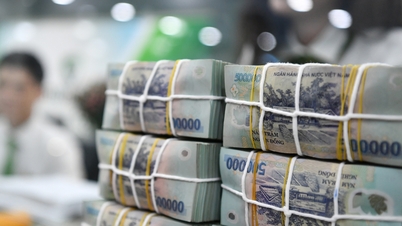

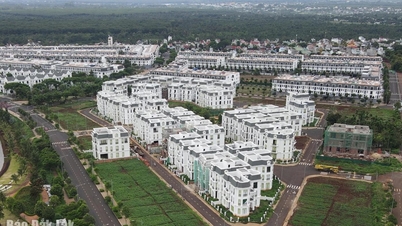





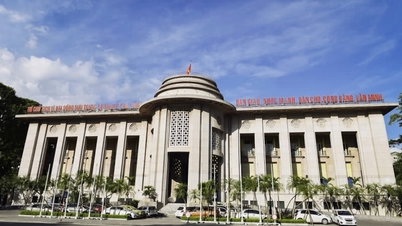




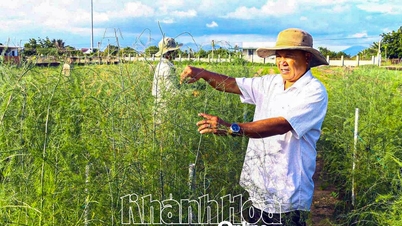








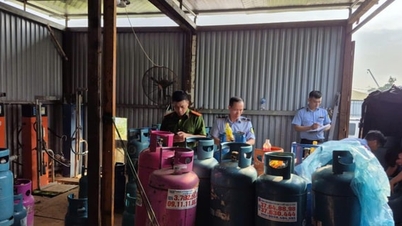

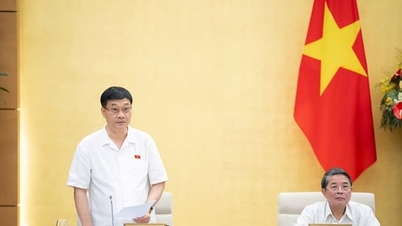
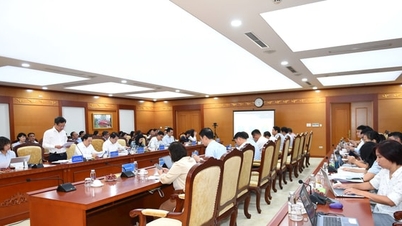

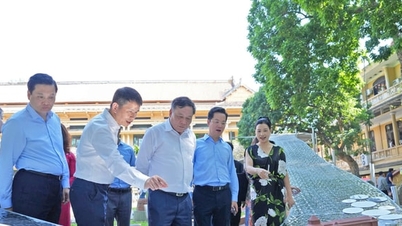














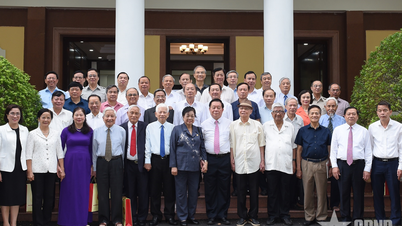








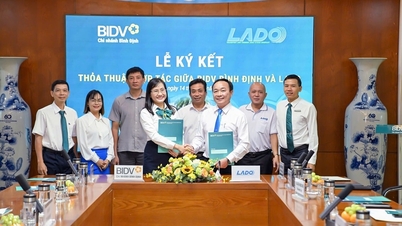











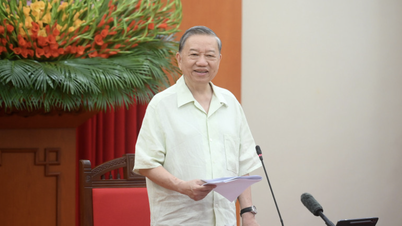

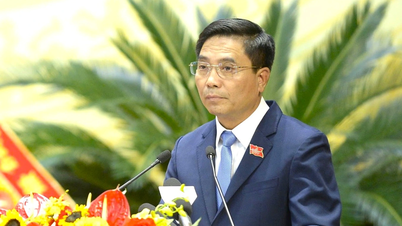
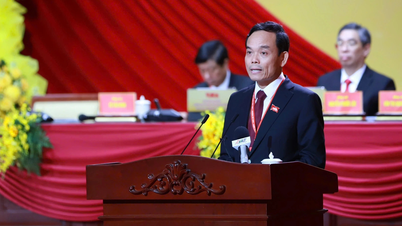
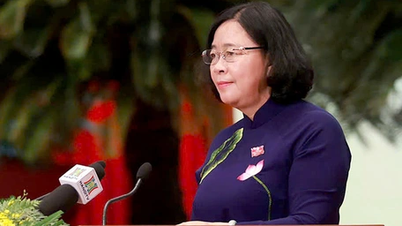

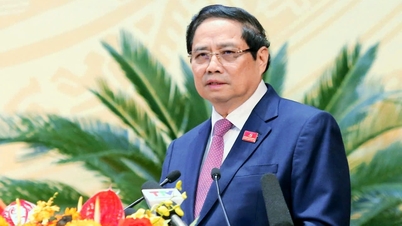








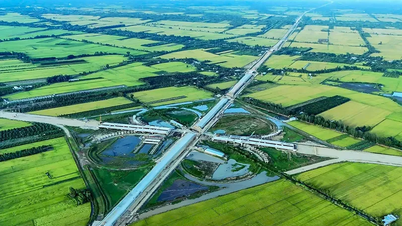




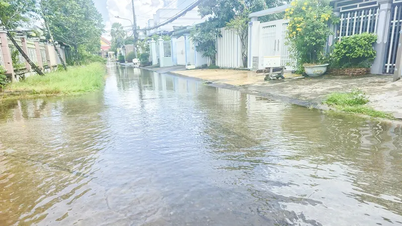


















Comment (0)